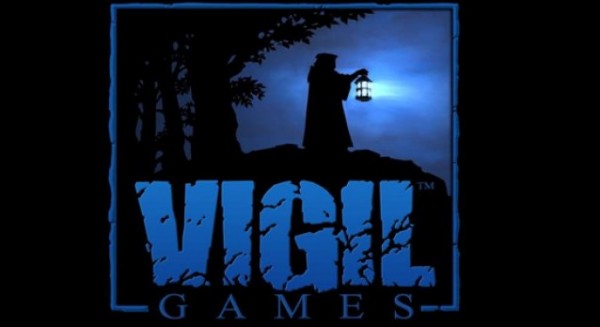This post has not been edited by the GamesBeat staff. Opinions by GamesBeat community writers do not necessarily reflect those of the staff.

I don’t want to lament too much on the abandonment of Vigil in THQ’s fire sale, because it is just business as usual in the gaming industry. However, it really highlights the fact most big publishers will forever be looking for the quickest, easiest buck instead of taking a chance on a game that could be the next watershed title.
Vigil, the development team behind the Darksiders series, was a victim of bad timing when THQ went bankrupt. They’d just released Darksiders II in August and were early in development on a new IP they were calling “Crawler.” Darksiders had never been a particularly massive bestseller, but both titles in my opinion were solid adventure games, the kind you don’t necessarily see on the market anymore. The developers were clearly committed to making games that didn’t look or feel like others out in stores.
THQ President Jason Rubin told Game Informer the company couldn’t get any buyers interested in Vigil’s new project, even though everyone who saw “Crawler” had been floored by it. “It is a fantastic idea and truly unique. The fact that nobody bid for the team and title is a travesty. It makes no sense to me,” he said. “If I weren’t barred from bidding as an insider, I would have been there with my checkbook.” You can read the full interview with Rubin here.
“Crawler” may or may not be the next best thing in gaming, but the fact buyers left Vigil on the table because it didn’t have a turn-key project or yet another sequel is disappointing. I like ongoing series just as much as the next gamer, yet if publishers with the power and money to crank out multiple titles each year only want to sure things, variety is going to suffer and the industry is going to stagnate.
Analysts like to say the industry is seeing weaker sales because console cycles are ready to switch. If you look at the last couple of years, though, the biggest sellers have been pretty predictable. Is it any wonder the experimental titles have relied on Kickstarter to get moving? While I like the fact a developer with a unique idea can appeal directly to the gamer, it would seem important for major publishers that help form a bedrock for the industry to keep an open mind about new types of games.
It would help promote a perception that they are interested in continuing to see gaming thrive, not just plundering as much cash out of it as long as it lasts.
